Doctrinal Standards In The Wesleyan Tradition (Revised)
$36.99
The history of Wesleyan family of churches doctrines
What are our core beliefs? Doctrinal Standards in the Wesleyan Tradition, Revised Edition, narrates the history of the formation of Wesleyan doctrines, describing how they were transplanted from the British Isles to North American, how they became constitutionally protected in Wesleyan-rooted churches.
The first edition of this book affected the outcome of the 1988 General Conference of The United Methodist Church as the delegates decided many then-disputed doctrinal issues. This revised edition addresses the continuing hunger for more precise and useful information on the doctrinal traditions of mainline Protestantism. Hence the arguments have been updated with more than 400 changes.
Included are doctrinal statements for the Evangelical United Bethren, Free Methodist, Methodist Protestant, Wesleyan, Nazarene, African Methodist Episcopal Zion, Christian Methodist Episcopal, and African Methodist Episcopal Churches; as well as an outline syllabus of a Course on the Articles of Religion.
in stock within 3-5 days of online purchase
SKU (ISBN): 9780687651115
ISBN10: 0687651115
Thomas Oden
Binding: Trade Paper
Published: February 2008
Publisher: Abingdon Press
Print On Demand Product
Related products
-
Think Like Jesus Study Guide (Student/Study Guide)
$13.99Original price was: $13.99.$9.97Current price is: $9.97.In this eight-session video Bible study (DVD and digital downloads sold separately), pastor and author Randy Frazee explains that when Jesus saves us and ushers us into his kingdom, he begins a process of transformation within us that starts with our thoughts. As God begins to transform our minds, we begin to think like Jesus and believe like Jesus. For this reason, it is important for us to understand the eight key beliefs of the Christian faith that-when embraced in our hearts and minds-create true change in our lives, in the church, and in the world:
*I believe the God of the Bible is the one true God-Father, Son and Holy Spirit.
*I believe God is involved in and cares about my daily life.
*I believe we come into a right relationship with God, by his grace, through faith in Jesus.
*I believe the Bible is the Word of God and has the right to command my beliefs and actions.
*I believe I am significant because of my position as a child of God.
*I believe the church is God’s primary way to accomplish his purposes on earth today.
*I believe all people are loved by God and need Jesus Christ as their Savior.
*I believe that Jesus will return to judge all people and establish his eternal kingdom.Grounded in carefully selected scripture, Think Like Jesus is a churchwide discipleship program that will take you on a journey to become more like Jesus in your beliefs. This revised study, adapted from Part 1 of the Believe churchwide study, includes an updated video study and new content and questions adapted from the existing Believe Study Guide and Think, Act, Be Like Jesus by Randy Frazee.
SESSIONS
*God
*Personal God
*Salvation
*The Bible
*Identity in Christ
*Church
*Humanity
*EternityDesigned for use with the Think Like Jesus Video Study (sold separately).
Add to cart10 in stock (additional units can be purchased)
-
Confronting Injustice Without Compromising Truth
$22.99God does not suggest, he commands that we do justice.
Social justice is not optional for the Christian. All injustice affects others, so talking about justice that isn’t social is like talking about water that isn’t wet or a square with no right angles. But the Bible’s call to seek justice is not a call to superficial, kneejerk activism. We are not merely commanded to execute justice, but to “truly execute justice.” The God who commands us to seek justice is the same God who commands us to “test everything” and “hold fast to what is good.”
Drawing from a diverse range of theologians, sociologists, artists, and activists, Confronting Injustice without Compromising Truth, by Thaddeus Williams, makes the case that we must be discerning if we are to “truly execute justice” as Scripture commands. Not everything called “social justice” today is compatible with a biblical vision of a better world. The Bible offers hopeful and distinctive answers to deep questions of worship, community, salvation, and knowledge that ought to mark a uniquely Christian pursuit of justice. Topics addressed include:
Racism
Sexuality
Socialism
Culture War
Abortion
Tribalism
Critical Theory
Identity PoliticsConfronting Injustice without Compromising Truth also brings in unique voices to talk about their experiences with these various social justice issues, including:
Michelle-Lee Barnwall
Suresh Budhaprithi
Eddie Byun
Freddie Cardoza
Becket Cook
Bella Danusiar
Monique Duson
Ojo Okeye
Edwin Ramirez
Samuel Sey
Neil Shenvi
Walt SobchakIn Confronting Injustice without Compromising Truth, Thaddeus Williams transcends our religious and political tribalism and challenges readers to discover what the Bible and the example of Jesus have to teach us about justice. He presents a compelling vision of justice for all God’s image-bearers that offers hopeful answers to life’s biggest questions.
Add to cartin stock within 3-5 days of online purchase
-
Be Like Jesus Study Guide (Student/Study Guide)
$13.99In this eight-session video Bible study (DVD/digital downloads sold separately), pastor and author Randy Frazee explains that our spiritual transformation involves not only thinking and acting like Jesus but also allowing those thoughts and behaviors to shape our attitudes. As we do this, we experience a new way of looking at the world and discover an inner strength that allows us to remain steadfast, secure, and solid in the face of any circumstance. We also discover a new desire to serve others . . . which, in turn, draws them to the love of Christ. We know we are becoming like Jesus when we possess these attributes:
*I have a deep love for God and for the other people in my life.
*I have inner contentment in spite of my circumstances and understand my purpose in life.
*I have freedom from anxiety because I am at peace with God, others, and myself.
*I have experienced the power, through Christ, to control my thoughts and behaviors.
*I have patience in the unavoidable pressures of life and am slow to anger.
*I have the desire to be kind and good in my relationships with others.
*I have established a good name with God and others based on my loyalty to those relationships.
*I have become thoughtful, considerate, and calm in my dealings with others.Grounded in carefully selected scripture, Be Like Jesus is a churchwide discipleship program that will take you on a journey to become more like Jesus in your behaviors. This revised study, adapted from Part 3 of the Believe churchwide study, includes an updated video study and new content and questions adapted from the existing Believe Study Guide and Think, Act, Be Like Jesus by Randy Frazee.
SESSIONS
*Love
*Joy
*Peace
*Self-Control
*Patience
*Kindness / Goodness
*Faithfulness
*GentlenessDesigned for use with the Be Like Jesus Video Study (sold separately).
Add to cart19 in stock (additional units can be purchased)
-
Tactics 10th Anniversary Edition (Anniversary)
$22.99In a world indifferent or even opposed to Christian truth, followers of Christ must be better equipped to communicate the timeless of the Christian faith. But how do you have a conversation with someone who is intent on proving you wrong and won’t accept the Bible as a source of authority?
In Tactics, Gregory Koukl demonstrates how to artfully regain control of conversations, keeping them moving forward in constructive ways through thoughtful diplomacy. You’ll learn how to maneuver comfortably and graciously through the minefields of a challenging discussion, how to stop challengers in their tracks, and how to turn the tables on question or provocative statement. Most importantly, you’ll learn how to get people thinking about Jesus.
Drawing on extensive experience defending Christianity in the public square, Koukl shows you how to:
*Initiate conversations effortlessly
*Present the truth clearly, cleverly, and persuasively
*Graciously and effectively expose faulty thinking
*Skillfully manage the details of dialogue
*Maintain an engaging, disarming style even under attackTactics provides the game plan for communicating the compelling truth about Christianity with confidence and grace.
Add to cartin stock within 3-5 days of online purchase




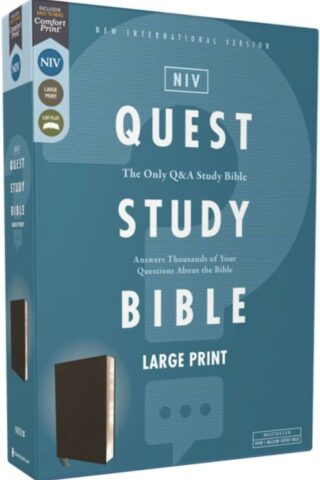
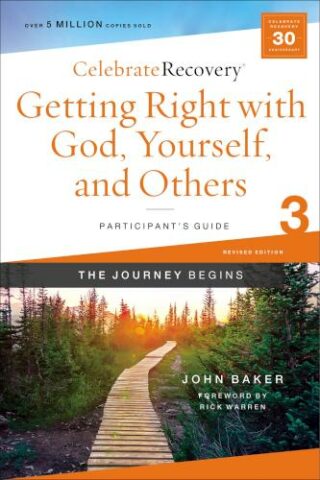
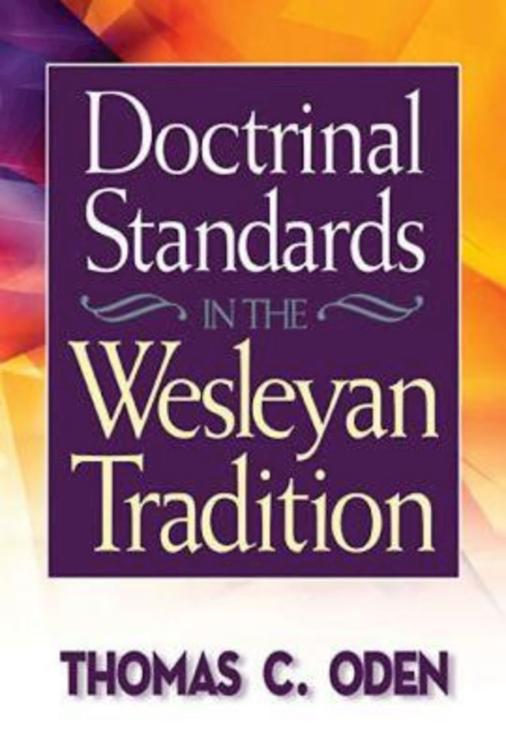
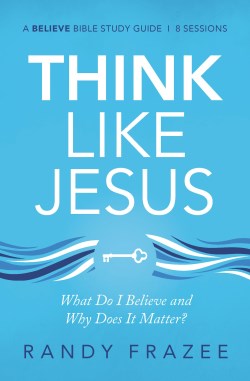
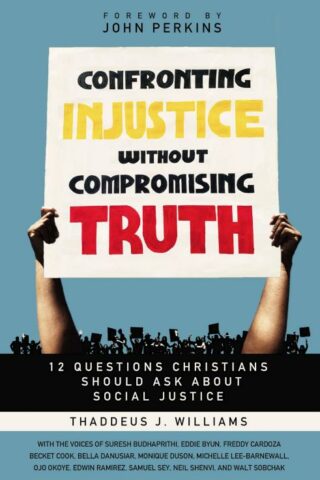
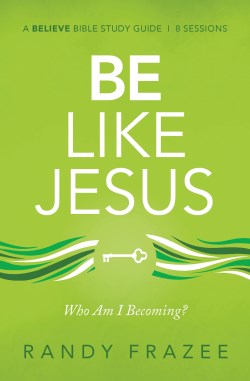
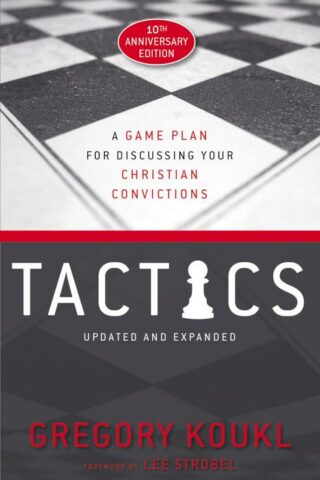




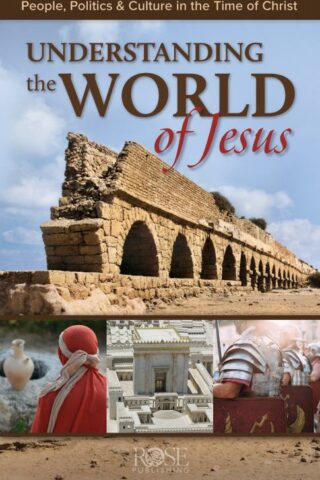
Reviews
There are no reviews yet.